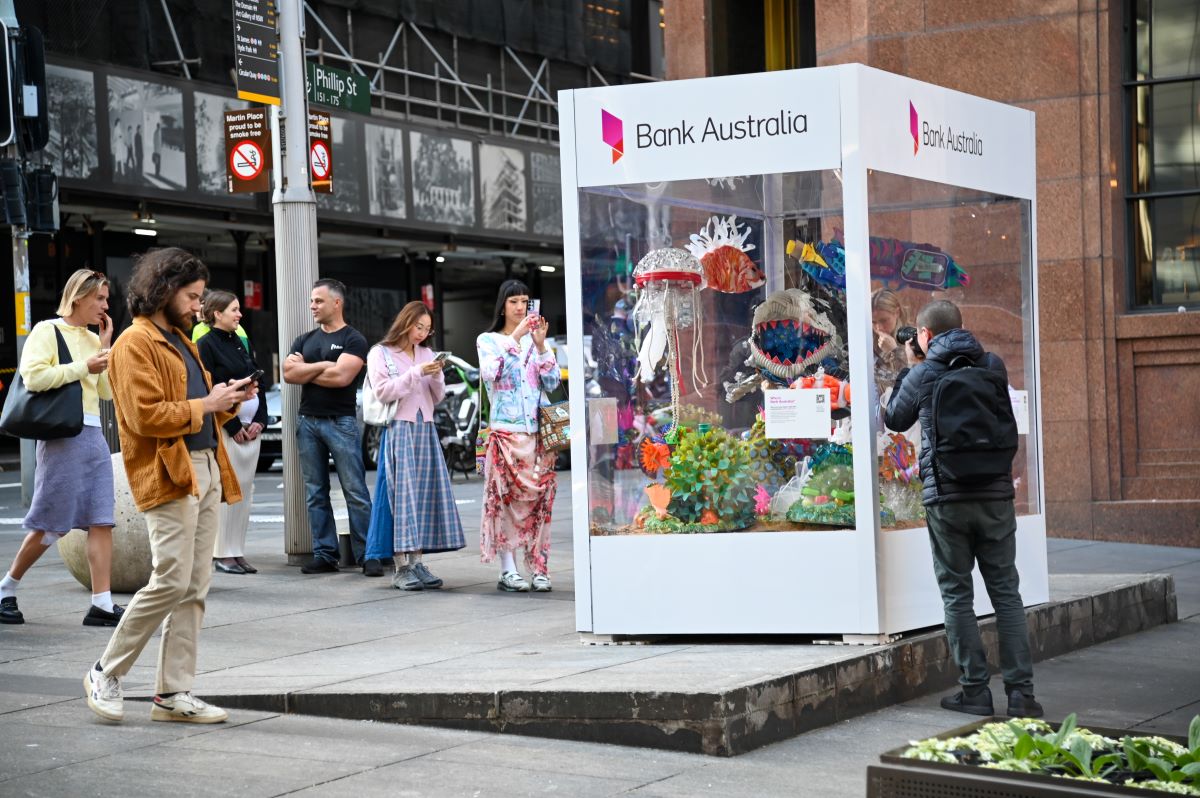B Corp certification is here to stay. But what does it all mean?! Walk this way…
You might’ve noticed that we’ve been talking about this whole ‘B Corp’ thing a fair bit lately. That’s because we just became B Corp certified, and we’re very excited about it. But what is a B Corp? What do B Corps even do? And why should you – or anyone! – care a jot about whether their bank is a B Corp or not?
We’re glad you asked.
It’s the new global benchmark for ethical business
Well, it’s not that new. B Corp was founded back in 2006 by three pals who packed up their careers in business and private equity to create an organisation to help businesses “protect and improve their positive impact over time.”
The idea was simple: businesses all over the world had started realising that they could start using their businesses and business models to affect positive social and environmental change in the world, and B Corp would give them a certification that could not just show their customers just how socially and environmentally progressive they are, but give them an ethical framework keep improving.
It all started in the US and, by 2007, there were 82 certified B Corps. Fast-forward to 2020, and there are close to 3,500 B Corps operating in countries all over the world – over 10% of those operating in Australia and New Zealand (which, per capita, means we’re punching well above our weight).
It involves a rigorous, five-pillar certification process
During B Corp certification, a prospective business will answer a range of questions as part of the ‘B Impact Assessment’ about the way the it operates and provide piles of evidence for the team at B Corp to sift through. The business will gain a certain amount of points for meeting certain criteria, and need a minimum of 80 points to qualify for certification. Bank Australia achieved a B Impact score of 104.2 (the median score for average non-B Corp businesses is 50.9).
Becoming a B Corp isn’t easy. And that’s half the point: the certification is intentionally difficult to ensure that organisations really have to put their money where their mouth is when it comes to operating in a way that is socially and environmentally progressive.
The certification covers five key ‘Impact Areas’ – Governance, Workers, Community, Environment and Customers – and each area is as thorough as you can imagine. From recycled toilet paper to renewable energy, slavery in supply chains to diversity and inclusion – no part of the business is left untouched (and importantly, un-improved).
It helps consumers find brands and companies that align with their values
Whether we like it or not, we all have to engage with brands and companies on a daily basis. We are surrounded by products and services, and they’re all vying for our attention (and money!). And while it might not always feel like it at the point of purchase, by using or spending money with a company, we are effectively investing in that company, and everything it does, whether you agree with it on an ethical level or not.
By engaging with brands and companies that are certified B Corps, consumers can be safe in the knowledge that their money is going to organisations that don’t invest in any practices that cause harm to people or the planet, and are in the majority of cases actively working to make the world a better place. You can also be confident that these organisations are committed to continually improving the way they do business.
By spending money with and supporting B Corps, you’re also letting other organisations know that ethics are important to you – and other brands and corporations will take note. The B Corp movement is still burgeoning, but it’s gaining momentum fast.
It can help all businesses become ethically-minded and purpose-driven
Traditionally, you might set up a charity or social enterprise in order to fix a problem you saw in the world and rely on donations in order to help you do that. Or, if you noticed a more environmentally-friendly to reimagine an existing product, that might be the nucleus for your business – take KeepCup or Great Wrap, for example.
B Corp does helps any business (as long as it isn’t actively engaged in harmful industries or practices!) remould its business model to put purpose at the core. It could be a burger shop or a bar, an independent clothing store or a multi-national phone corporation – B Corp helps give businesses the insight and overview they need to create their products or services as ethically as possible, and then find ways to use their profit to create tangible and lasting change in the world.
We don’t know about you, but we find that prospect pretty exciting.
It’s important for ‘traditional’ institutions, like banks, to be all-in on the future
You don’t need us to tell you that, by and large, banks don’t have the best reputation when it comes to behaving ethically. In fact, when we first started referring to ourselves as a ‘responsible bank’, people just assumed it was marketing talk – like a bank couldn’t possibly be responsible. And certainly not ethical.
Yet here we are. We’ve helped prove that with dedication and commitment to purpose beyond profit, even banks can achieve the world’s most rigorous and thorough environmental and socially-progressive certification in the history of business. And we hope that by showing this idea of purpose beyond profit can extend to all organisations, and all industries, that we’ll encourage more banks and more ‘traditional’ institutions to get on board too.
Ethical, purpose-driven business is the way the world is going. We can see it, you can see it, and a rapidly growing cohort of other progress-driven businesses can see it too. And we’ll keep doing this work until B Corps become the norm. Now, that’s a future we’d love to see.




.png)



